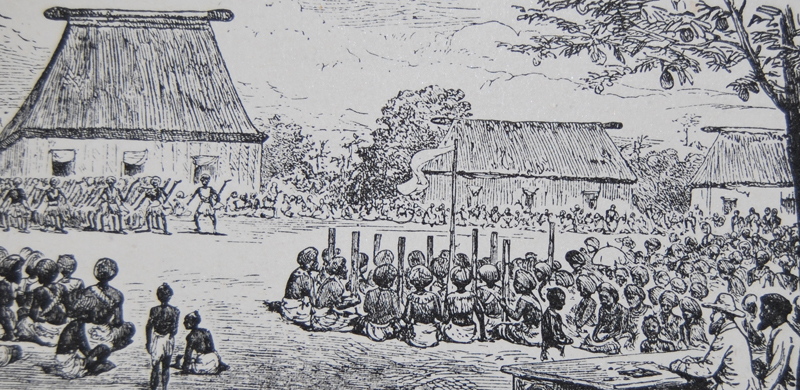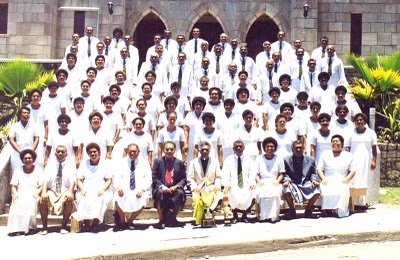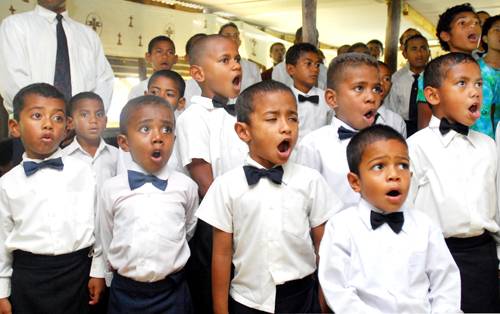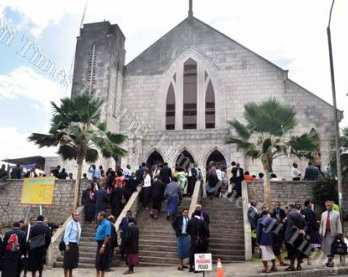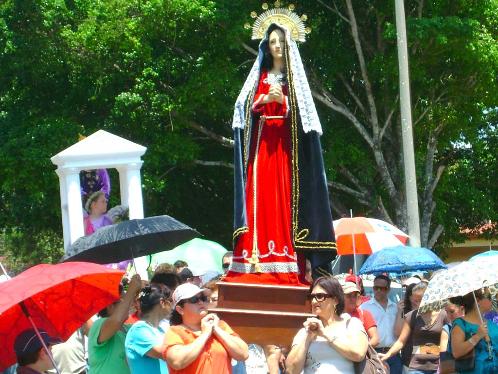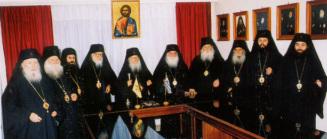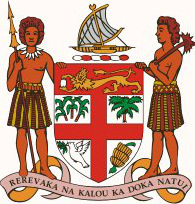Gospel truth about importance of Christianity to Fiji
| Part B: Continuing its position, SDL argues in its submission: "A state religion is a religion officially endorsed by the state. A state with an official religion, while not secular, is not necessarily a theocracy. A state religion is a government approved religion. It does not mean that the state is under the direct control of any established church. Nor does it mean that the religion is under the control of those enacting or representing the business of the state (whether elected or self-appointed). The state and religion remain separate, but are free to exert a non-coercive influence on each other as befits Christian principles and practices that underlie modern democracies. A state religion is neither a state-sanctioned nor state-subsidised denomination. It is religion understood in its broadest sense. It is religion as an ethos, a system of values and guiding principles to be confessed and adhered to. In this regard, it is generally accepted that there are five world religions – Hinduism, Judaism, Buddhism, Christianity and Islam. Of these, State religions existed in many countries around the world centuries ago. In some instances they were written into the Constitutions of those countries. In recent times some countries have removed state religions from their Constitutions, as part of the process of separation of powers between state and religion. In other countries the removal of state religion reflects the weakening of a country’s faith in God, our Creator. There are strong arguments in support of this proposal to establish a state religion. If Fiji adopts a state religion it will not be the first in the world. | The following states recognize some form of Christianity as their state or official religion (by denomination): Catholic: Costa Rica; Liechtenstein; Malta; Monaco; Vatican City (theocracy). A number of countries, including Andorra, Argentina, Dominican Republic, El Salvador, Italy, Paraguay, Peru, Poland, Portugal and Spain give a special recognition to Catholicism in their Constitution despite not making it the state religion. Eastern Orthodox Jurisdictions which recognize one of the Eastern Orthodox Churches as their state religion are: Greece - Church of Greece, Finland - Finnish Orthodox Church. Protestantism/Lutherism Jurisdictions which recognise a Lutheran church as their state religion include: Denmark - Church of Denmark, Iceland - Church of Iceland, Finland - Evangelical Lutheran Church of Finland, Sweden - Church of Sweden. Reformed Jurisdictions which recognize a Reformed church as their state religion: Scotland - Church of Scotland, Tuvalu - Church of Tuvalu. Anglican Jurisdictions that recognize an Anglican church as their state religion: England - Church of England |
| Conclusion: Why “Christianity” as the state religion? There are several reasons in support of this proposal. First, our High Chiefs who ceded Fiji to Great Britain in 1874 wanted to secure “…the promotion of civilization and Christianity” alongside trade and industry, order and good government for the people of Fiji. Second, “Christianity” was the first religious faith to be introduced, and accepted by Fijians in 1835. And third, more than half of the population of Fiji now is Christians, making Christianity the largest religious faith in the country. These suggestions do not take away the right of every Fiji citizen to practise their religion and belief as contained in Chapter 4 - Bill of Rights of the 1997 Constitution. | The SDL will also be recommending later under the Presidential powers that the President would be the protector of religious freedom in Fiji See also SDL's new website: |
